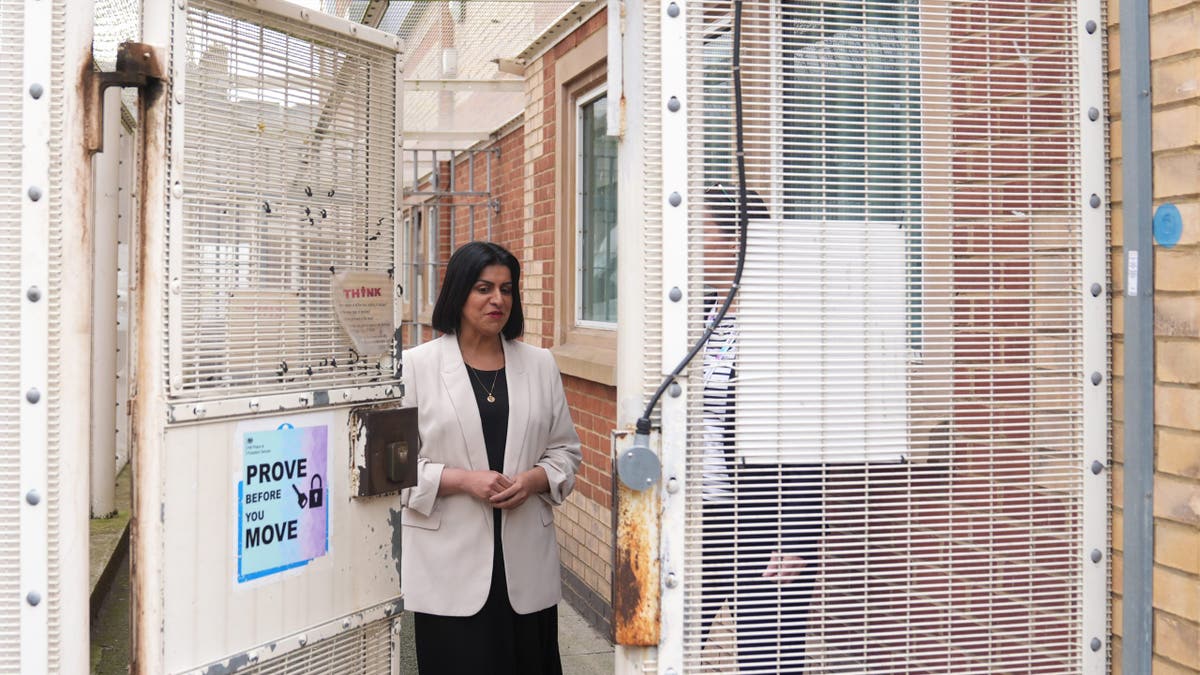UK considering chemical castration for sex offenders
The U.K. is considering mandating the use of chemical castration for sex offenders under an overhaul of the justice system aimed at freeing up more space in its overcrowded prisons, Reuters reported. (Credit: Reuters.)
A British government minister says she’s “not squeamish” about the idea of chemical castration for male sex offenders, and wants to make it mandatory.
The UK is considering a range of options from a new report, which aims to cut the country’s prison population by 10,000 inmates to help alleviate chronic overcrowding.
“Problematic sexual arousal and preoccupation can be reduced via chemical suppressants and other medications, which can be prescribed for individuals who have committed a sexual offense under certain circumstances,” the new report states.
Prisons in the south-west of England have been involved in a pilot program of chemical castrations since 2002, and Justice Minister Shabana Mahmood from the ruling Labour Party told lawmakers in parliament on Thursday that the program would expand to 20 more prisons in two other regions of England.

Justice Secretary Shabana Mahmood during a visit to HMP Bedford in Harpur, Bedfordshire, as she announces plans to address prison overcrowding amid fears jails will run out of space within weeks. (Joe Giddens/PA Images via Getty Images)
The opposition Conservative Party has criticized the new report, saying that by scrapping shorter prison sentences the government “is effectively decriminalizing crimes like burglary, theft and assault.”
“This is a gift to criminals, who will be free to offend with impunity,” the party’s justice spokesman Robert Jenrick told reporters.
However, the report has been broadly welcomed by the Howard League for Penal Reform, the world’s oldest prison charity.
“The government is taking an important step forward by accepting most of the recommendations from this important review,” says Chief Executive Andrea Coomber, but she cautioned that “the prisons crisis will not be solved by half-measures.”
Senior police officers have cautioned that if there will be fewer prisoners behind bars, they need more resources to manage the risk that offenders pose outside of jail.
–>

















